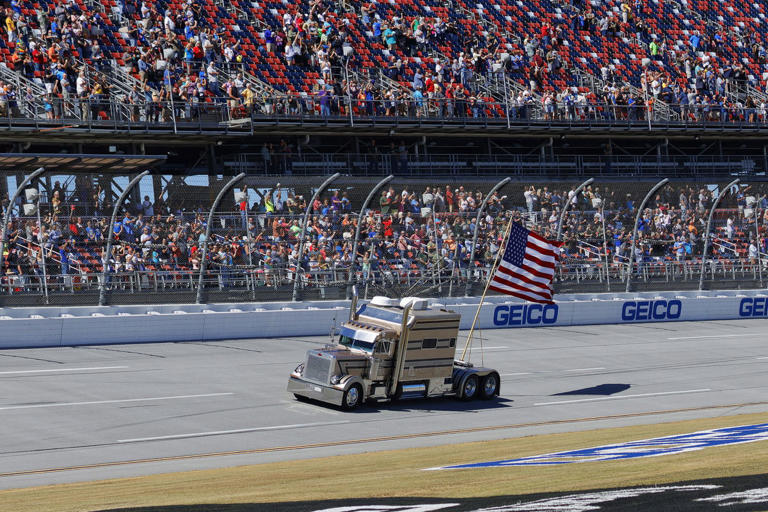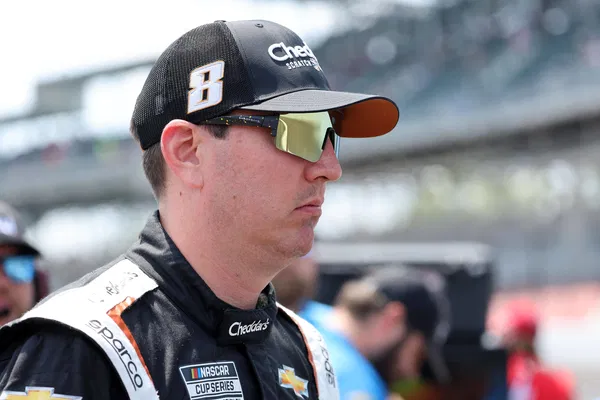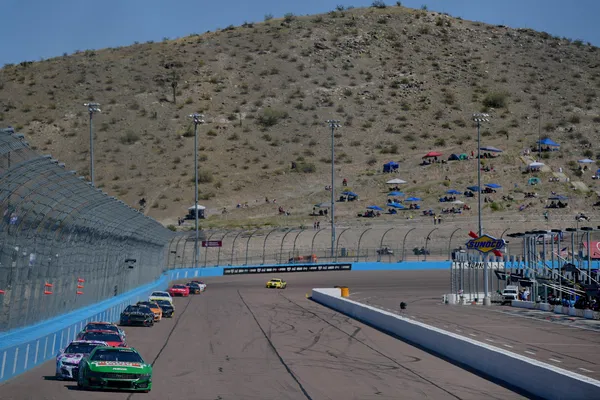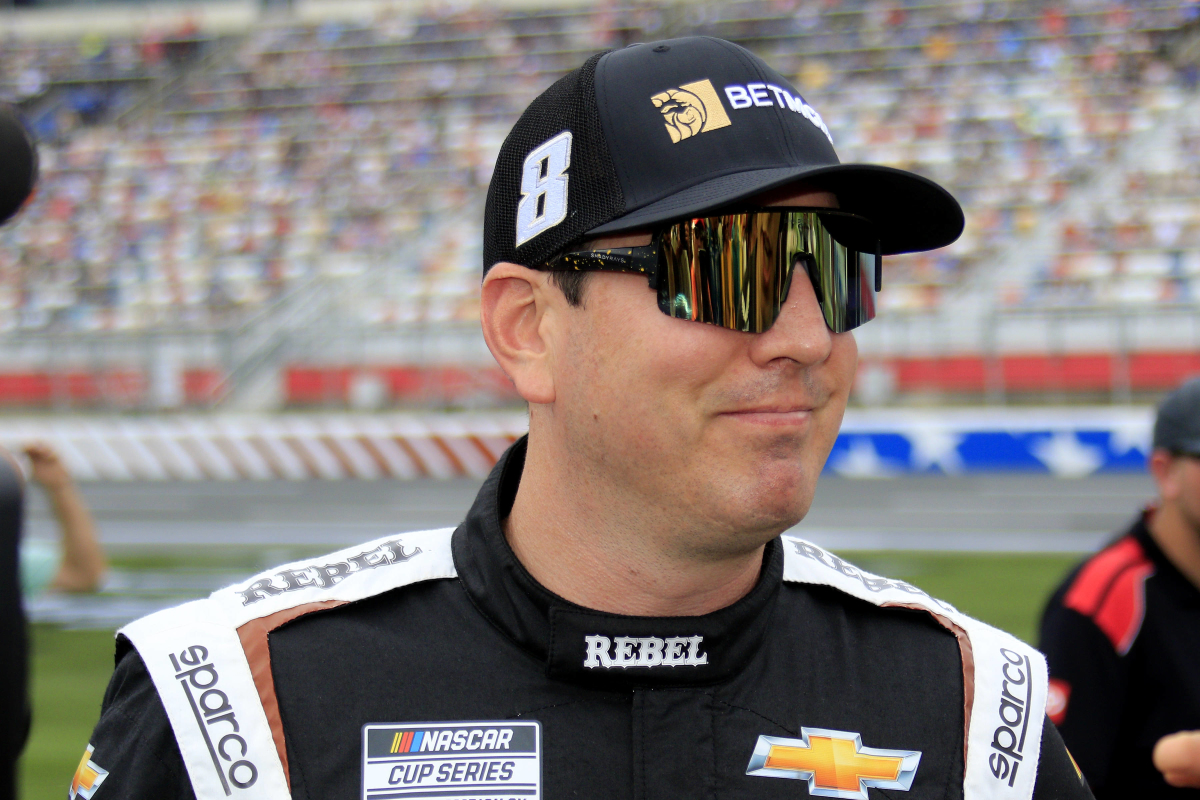NASCAR is undergoing a significant transformation in its funding approach, moving away from the reliance on major title sponsors that previously drove the sport’s financial success. In the past, brands like Nextel, Monster, and Winston provided substantial financial resources, enabling NASCAR to reach unprecedented levels of visibility and popularity. However, with the rebranding to the NASCAR Cup Series starting in the 2020 season, the organization has entered a new era that lacks the backing of a single primary sponsor. Recently, this shift has led to the termination of its long-standing partnership with GEICO, a notable loss for the organization.
This development reflects NASCAR’s strategic pivot toward maximizing revenue from television broadcasts and the growing importance of streaming services. Last year, NASCAR signed a landmark television contract worth $7.7 billion over seven years, which guarantees a steady revenue stream crucial for the sport’s operations. While this move signals a forward-thinking approach to revenue generation, it appears that NASCAR’s shift in focus may have strained relationships with its traditional sponsors. GEICO, a $32 billion insurance company, is the latest brand to withdraw its support after a successful 15-year collaboration with NASCAR.
After its rebranding in 2020, NASCAR aimed to establish a group of key sponsors to help maintain the sport’s financial health. Major partners included Busch Beer, Coca-Cola, GEICO, and Comcast’s Xfinity, each gaining special recognition during race events. Busch Beer secured exclusive sponsorship for the pole awards, which became known as the Busch Light Pole. Coca-Cola was designated as the official soft drink of NASCAR, while Xfinity was recognized as the official entertainment partner. GEICO served as the official insurance provider, ensuring its presence at various NASCAR events. However, a recent report from the Sports Business Journal revealed that GEICO and NASCAR would part ways, marking a significant shift in the landscape of sponsorship.
A NASCAR executive spoke to the value of the partnership, highlighting the mutual benefits and brand growth opportunities cultivated over the years. The departure of GEICO raises concerns for NASCAR, particularly as the organization has yet to secure renewed agreements with the other three major partners. This uncertainty puts NASCAR in a precarious position as it tries to stabilize its financial footing.
Adding to the tension, there are rumors that Xfinity may also consider exiting as the title sponsor for NASCAR’s second-tier series. Comcast originally signed on as the title sponsor in 2015, but there has been a noticeable lack of clarity regarding the future of this partnership. Instead of pursuing a long-term commitment, Comcast seems inclined to adopt a more cautious year-to-year relationship, leading to speculation about its future involvement in the sport.
Matt Lederer, Comcast’s VP of Branded Partnerships & Activation, emphasized a desire to focus on the present rather than speculate about the long-term future of the partnership. This approach signals a shift in how sponsors may view their involvement with NASCAR, further complicating the organization’s efforts to maintain financial stability.
Historically, GEICO has been one of the largest advertisers during NASCAR races, prominently featured on FOX and NBC broadcasts. Its branding was visible in key locations such as the GEICO restart zone and included sponsorship of major events like the Talladega races and camping areas at Daytona. Losing a partner with such a significant presence is a considerable setback for NASCAR, as GEICO has been integral to the sport for over a decade.
With GEICO’s exit, NASCAR faces an urgent challenge: retaining its remaining sponsors and securing new partnerships. The contracts with Busch, Coca-Cola, and Xfinity are set to expire in 2024, and NASCAR must act quickly to negotiate renewals or find replacements for potential losses. As the organization previously sought between $15-20 million from its primary partners in 2019, it is crucial for NASCAR to demonstrate the value of its partnerships to ensure continued financial support.
As the sport adapts to a rapidly changing financial landscape, its ability to attract and retain sponsors will be paramount. NASCAR’s reliance on television deals and streaming revenue underscores a fundamental shift in its business model. The challenge lies in balancing this new approach while maintaining strong relationships with existing sponsors.
Ultimately, NASCAR stands at a critical juncture. The organization must navigate the complexities of modern sponsorship and explore innovative strategies to ensure its financial viability. Retaining current partners while attracting new sponsors is essential for the sport’s long-term success. How NASCAR addresses these challenges in the coming months will significantly impact its future trajectory. The focus is now on creating a sustainable model that can thrive in an evolving sports environment while keeping fans engaged and involved in the thrilling world of auto racing.
NASCAR Ready to Break Up With $32+ Billion Worth Premier Partner After 15 Years of Service




